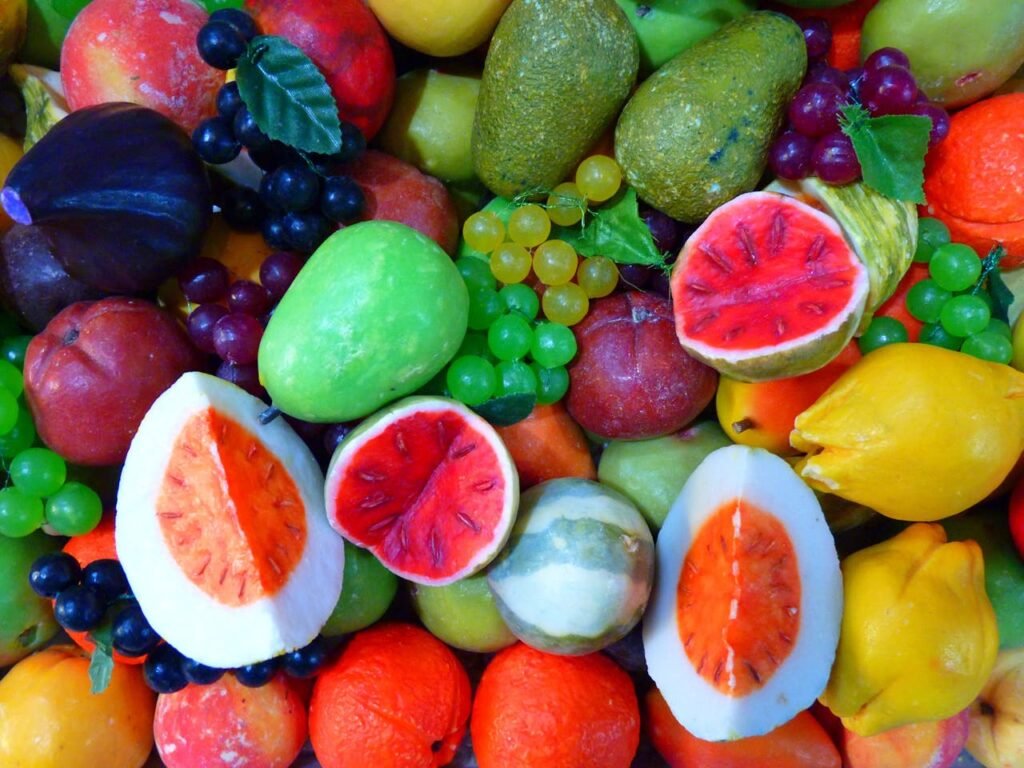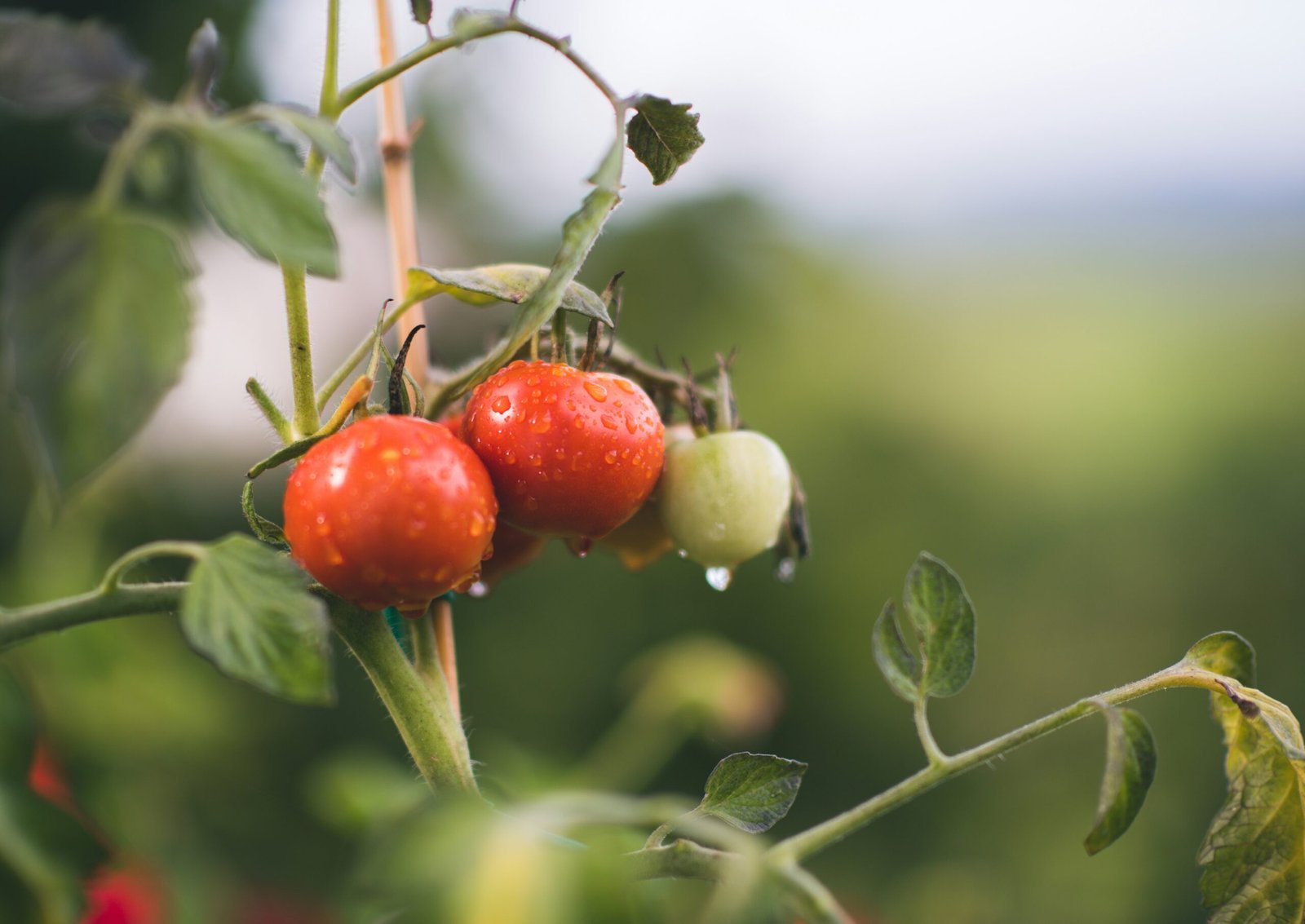Contents
The Impact of Pesticides on Health
Pesticides are commonly used in agriculture to protect crops from pests and diseases. While they play a significant role in food production, their residues can end up in the food we consume, posing potential health risks. Prolonged exposure to certain pesticides through contaminated food has been linked to various health issues, including endocrine disruption, neurological problems, and even certain cancers.
How Pesticides Enter Our Food Supply
Pesticides can make their way into our food supply through multiple channels. They are often sprayed directly onto crops or used in soil treatments. These chemicals can remain on the harvested produce or even seep into the soil and water sources. Even after washing and peeling, some pesticide residues may remain on fruits and vegetables.
Ways to Reduce Pesticide Intake
While it may not be entirely possible to avoid pesticides, there are several strategies to minimize intake:
Organic Foods

Organic farming practices generally avoid synthetic pesticides and fertilizers. Choosing organic options can significantly reduce your exposure to these chemicals. Organic farming practices generally avoid using synthetic pesticides and fertilizers. In contrast, conventional farming often relies heavily on these synthetic substances to maximize crop yields and manage pests. As a result, choosing organic options can significantly reduce your exposure to potentially harmful chemicals commonly found in produce.
As awareness of the health impacts of synthetic pesticides and fertilizers grows, more consumers are turning to organic products. This shift is driven by a desire to reduce exposure to potentially harmful chemicals. In response, organic food sales have been steadily rising, reflecting a broader trend towards healthier eating.
Washing and Peeling Produce
Thoroughly washing fruits and vegetables can help remove some pesticide residues. Peeling also reduces the intake of pesticides that may be present on the surface. However, washing and peeling are not foolproof methods for eliminating all pesticide residues. Some chemicals can penetrate the skin and remain within the produce, making it impossible to remove them entirely. This makes this method less effective as compared to buying organic foods.
Buying from Local Farmers
Buying from local farmers who practice sustainable and minimal pesticide use can be a healthier option. Often, local produce has lower pesticide levels compared to mass-produced alternatives.
Misconceptions About Buying Organic
There are some common misconceptions about organic farming and produce that should be addressed to be a more health-conscious consumer. Here are three of them:
- Organic farming does not use pesticides: in reality, organic farmers often use natural or non-synthetic pesticides. Another misconception is that organic produce is always more nutritious than conventional produce, but studies have shown that nutrient levels can vary greatly depending on various factors such as soil health and farming practices.
- Organic produce is always more nutritious than conventional produce: Studies have shown that nutrient levels can vary greatly depending on various factors such as soil health and farming practices.
- Organic food is expensive and unaffordable: Another misconception is that organic food is always more expensive than conventional food, but prices can vary greatly depending on the market. Prices can also change with the seasons as crop supplies fluctuate.
Therefore, it is essential for consumers to make informed choices when it comes to purchasing food.
Understanding the differences between organic and conventional farming practices can help individuals decide what is best for their health and the environment. By staying educated and critically evaluating food labels, consumers can make choices that align with their values and health goals.
Conclusion
Understanding the health risks of pesticide exposure through food is vital for making informed dietary choices. By opting for organic options, thoroughly washing produce, and supporting local, sustainable farming, you can significantly reduce pesticide intake and safeguard your health. Always stay informed about the sources of your food to make the best decisions for you and your family.

